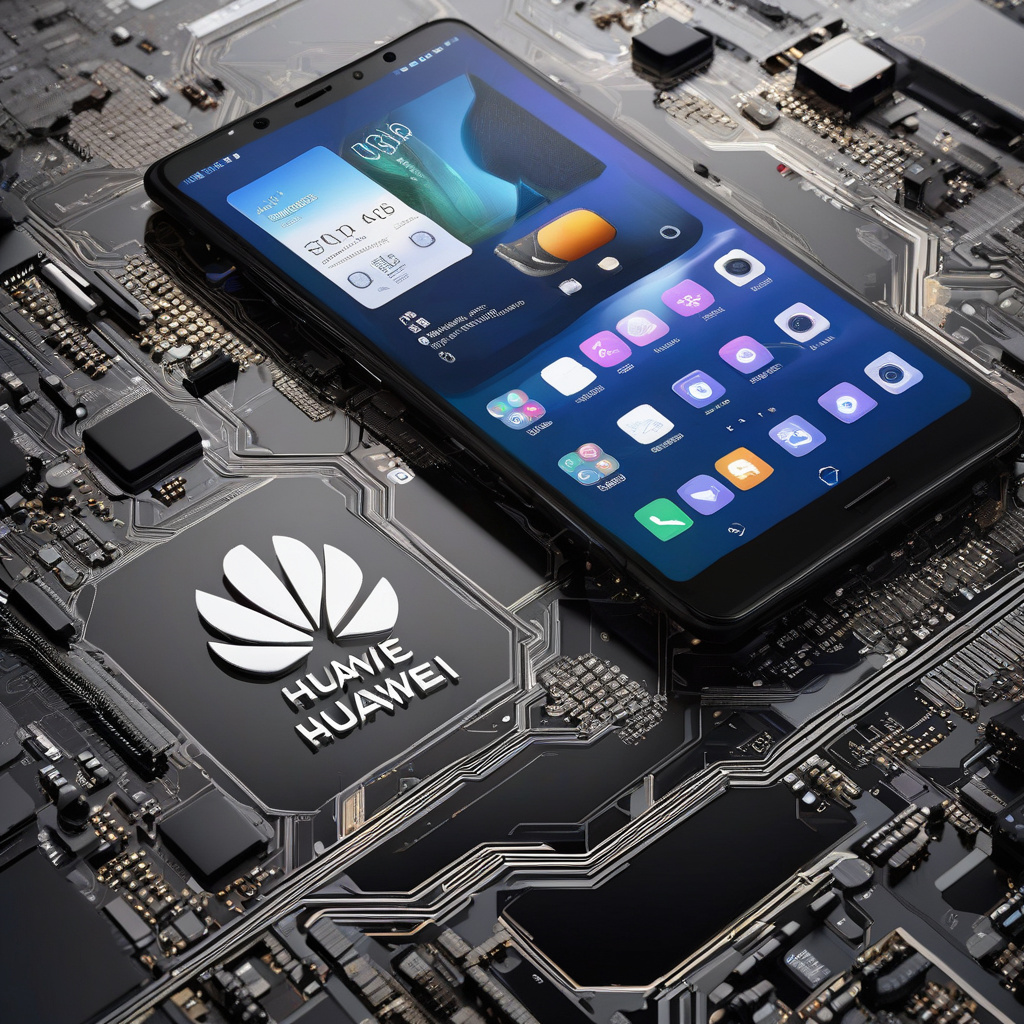Huawei’s Dominance in AI Sparks National Security Debate in Indonesia
In recent years, Huawei’s advancements in artificial intelligence (AI) have positioned the tech giant as a global leader in the field. However, as the company’s AI expansion reaches Indonesia, it has sparked a national security debate and calls for regulations to safeguard data sovereignty and protect the country’s interests.
Indonesia, like many other nations, is grappling with the implications of integrating AI technologies into various aspects of society. While the potential benefits of AI are vast, including improved efficiency, enhanced decision-making processes, and innovative solutions to complex problems, the use of AI also raises concerns about data privacy, cybersecurity, and national security.
As Huawei makes inroads into Indonesia’s AI sector, providing cutting-edge technologies and infrastructure to support the country’s digital transformation, questions have been raised about the potential risks and vulnerabilities that come with such partnerships. With Huawei being a Chinese company, there are apprehensions about the security of data and the possibility of data breaches or unauthorized access to sensitive information.
The debate around Huawei’s dominance in AI in Indonesia has underscored the need for clear regulations and guidelines to govern the use of AI technologies and protect national interests. Stakeholders, including government officials, cybersecurity experts, and industry leaders, are calling for increased oversight and transparency to ensure that data sovereignty is preserved and national security is not compromised.
One of the primary concerns is the potential for Huawei to gain access to vast amounts of data collected through its AI systems, raising questions about who has control over this data and how it is being used. Data privacy regulations and mechanisms for data localization are being proposed to mitigate these risks and prevent unauthorized data transfers outside of Indonesia’s borders.
Additionally, there are concerns about the possibility of Huawei using its AI capabilities for espionage or other malicious activities that could threaten Indonesia’s national security. As AI technologies become more sophisticated and pervasive, the need to establish robust cybersecurity measures and protocols becomes increasingly urgent to safeguard critical infrastructure and sensitive information.
Despite the challenges and risks associated with Huawei’s dominance in AI, there are also opportunities for collaboration and knowledge sharing that could benefit Indonesia’s AI ecosystem. By engaging with Huawei and other tech companies in a strategic and proactive manner, Indonesia can leverage their expertise and resources to drive innovation, economic growth, and technological advancement.
As the national security debate surrounding Huawei’s AI expansion in Indonesia continues to unfold, it is essential for policymakers, industry stakeholders, and cybersecurity experts to work together to address these concerns effectively. By establishing a comprehensive regulatory framework that balances innovation with security, Indonesia can harness the potential of AI technologies while safeguarding its data sovereignty and national interests.
In conclusion, the entry of Huawei into Indonesia’s AI sector has sparked a necessary national security debate that highlights the importance of regulating AI technologies to protect data sovereignty and national security. By addressing these concerns proactively and collaboratively, Indonesia can navigate the opportunities and challenges of the AI landscape while ensuring that its interests are safeguarded.
Huawei, AI, Indonesia, National Security, Data Sovereignty












